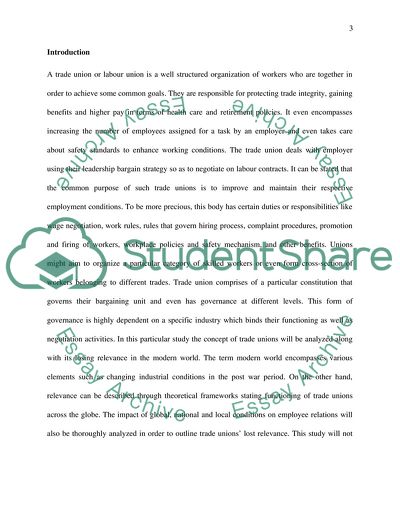Cite this document
(Employee Relations in Context Essay Example | Topics and Well Written Essays - 3000 words, n.d.)
Employee Relations in Context Essay Example | Topics and Well Written Essays - 3000 words. https://studentshare.org/human-resources/1847009-employee-relations-in-context
Employee Relations in Context Essay Example | Topics and Well Written Essays - 3000 words. https://studentshare.org/human-resources/1847009-employee-relations-in-context
(Employee Relations in Context Essay Example | Topics and Well Written Essays - 3000 Words)
Employee Relations in Context Essay Example | Topics and Well Written Essays - 3000 Words. https://studentshare.org/human-resources/1847009-employee-relations-in-context.
Employee Relations in Context Essay Example | Topics and Well Written Essays - 3000 Words. https://studentshare.org/human-resources/1847009-employee-relations-in-context.
“Employee Relations in Context Essay Example | Topics and Well Written Essays - 3000 Words”. https://studentshare.org/human-resources/1847009-employee-relations-in-context.


